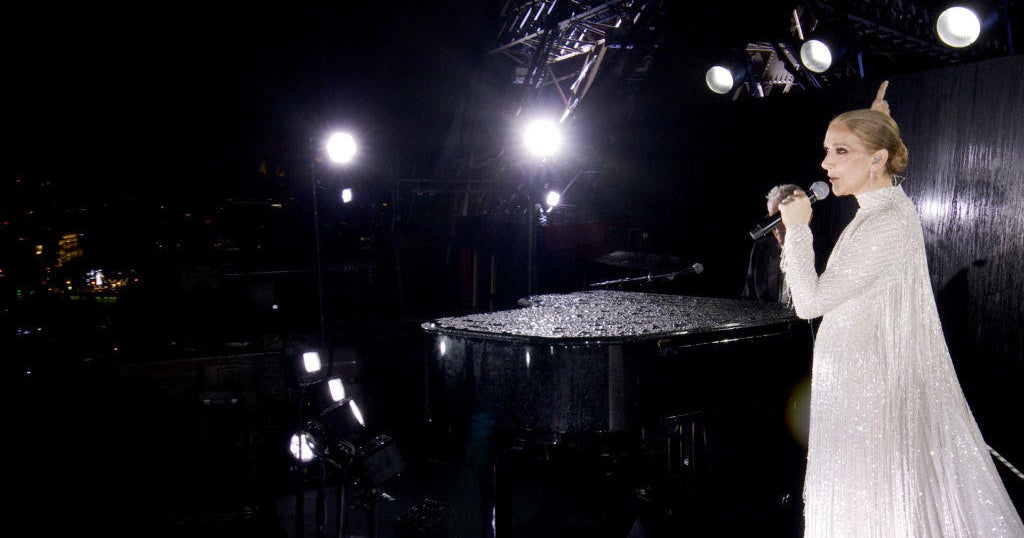The rich expect a recession next year — and are hoarding cash
- More than half of the world's richest families say they expect a recession by 2020, according to a survey by UBS and Campden Wealth Research.
- Almost half said they are shifting assets into cash, not only to mitigate market risk but also to capitalize on "opportunistic" investments in case of a downturn.
- More than 90% of private firms that handle money for the ultra-rich think the growing trade war between the U.S. and China will have "major economic implications."
The world's wealthiest families are girding for a recession by 2020, in part by stocking up on a critical financial asset when times get tough: cash.
That's the conclusion of a new study by investment bank UBS and Campden Wealth Research, which surveyed 360 ultra-rich households with so-called "family offices," or investment firms that are dedicated to managing their personal fortunes. Some of the families cited in the survey, who had an average wealth of $1.2 billion, said they were setting aside cash not only to hedge against a downturn, but also to capitalize on potential investment opportunities.
"A notable 56% of family office executives are anticipating a recession by 2020," the UBS report noted. "In response, a number of family offices are preparing themselves with safeguards to mitigate loss and/or to strike at new opportunities."
By contrast, many economists remain more sanguine about the economic outlook. That includes UBS' own experts, who wrote in a September 9 report that a recession likely isn't around the corner.
"Although growth is slowing, our base case remains for the U.S. economy to avoid a recession," UBS global chief investment officer Mark Haefele said in the client note.
It's not only their extreme wealth that sets the richest families apart, but also their access to various investments. Private equity remains popular, without about 1 of every 5 of their dollars allocated to these investment vehicles. Such buyout funds are typically limited to people with at least $250,000 in spare change to invest and assets of at least $1 million, which rules out most Americans.
Buyout funds can provide outsized financial rewards, with direct PE investments providing an average investment return of 16% in the 12 months ending in May, the study found. By comparison, the S&P 500 stock index returned about 9% over the same period.
Worries of the ultra-rich
The ultra-rich cited several other concerns beyond the economy, according to the survey — those include the U.S.-China trade war, climate change, and technological issues like hacking and artificial intelligence.
About 94% of American family offices said they believe the growing trade war between the U.S. and China will have "major economic implications." Technology risks are also hitting the wealthy, with 1 in 5 family offices saying they've been a victim of a hacking attempt. But they also see opportunity in tech, with some looking at AI as potentially providing a good investment opportunity.
Climate change is also on the minds of the rich, although they are taking a money-focused approach. About 1 in 3 family offices are involved in sustainable investing, such as searching for profitable investments in clean energy and water, the study found.



